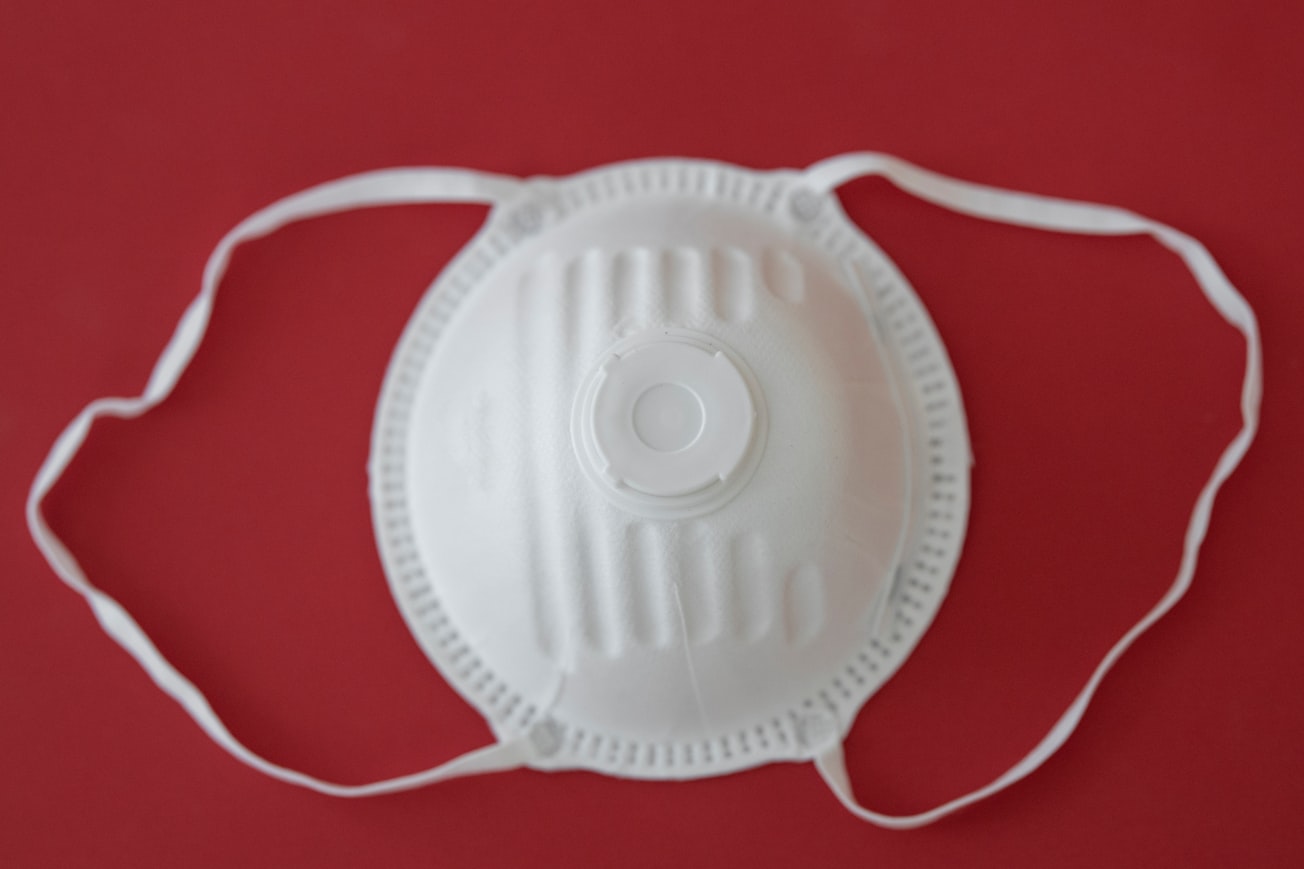What is it about?
Since the COVID-19 pandemic broke out, the demand for N95 respirators has been fueled by the daily growth of cases. It is, therefore, critical to be able to reuse these masks after they have been decontaminated—but do the masks remain effective against the virus? A 2020 study evaluated the effect of disinfection on the filtration capacity and fabric qualities of a melt-blown fabric (which is what N95 respirators are made with) using heat, steam, ethanol, chlorine, and ultraviolet light. The filtration efficacy of the fabric was not affected by 85°C heat in 30%, 70%, or 100% relative humidity. No damage to the fit, elasticity or fabric structure was detected up to 125°C. Solution-based methods, such as ethanol and chlorine treatment, on the other hand, degraded the fabric and reduced its performance. Steam and UV were also found to be ineffective, since they caused substantial damage to the fabric. UV can only be effective if it penetrates deep into the fabric layers, which is impossible with the permitted radiation strength, making it unfit for a simultaneous decontamination of many masks.
Featured Image

Photo by engin akyurt on Unsplash
Why is it important?
N95 masks can prevent SARS-CoV-2 from entering the human respiratory route with 95% effectiveness. However, due to limited supply, those who need these masks for protection (like healthcare workers) are forced to reuse them, which is not sanitary. Heat is among the CDC-approved methods for disinfection, and since it does not compromise the fabric’s properties or functionality, ovens or other heating devices can be used to disinfect N95 masks in a cheap and feasible way. KEY TAKEAWAY: N95 respirators can be reused following dry heat sterilization at <100°C with no damage or loss of efficiency.
Read the Original
This page is a summary of: Can N95 Respirators Be Reused after Disinfection? How Many Times?, ACS Nano, May 2020, American Chemical Society (ACS),
DOI: 10.1021/acsnano.0c03597.
You can read the full text:
Resources
Contributors
Be the first to contribute to this page







